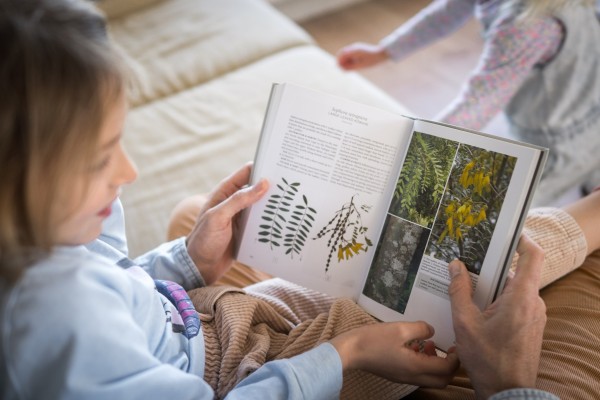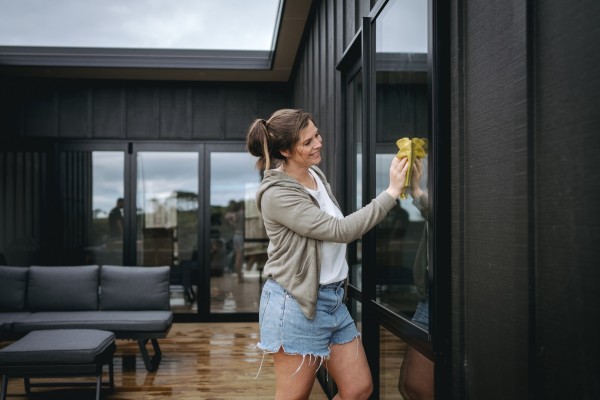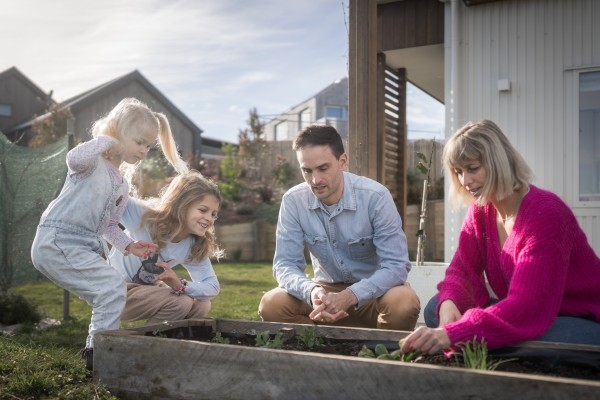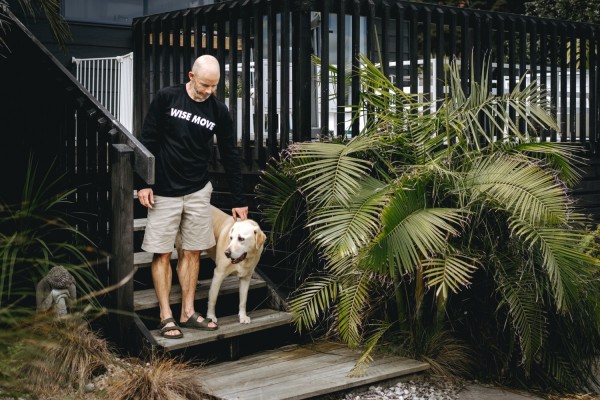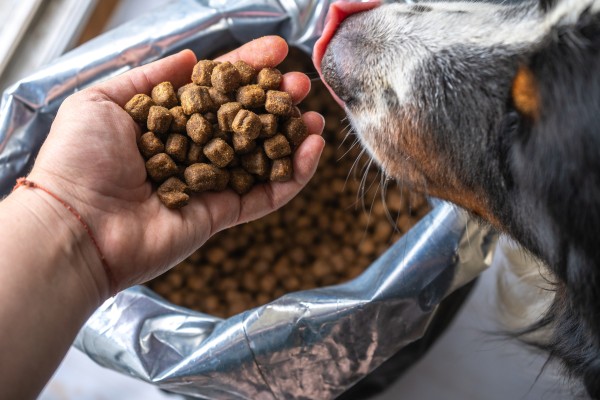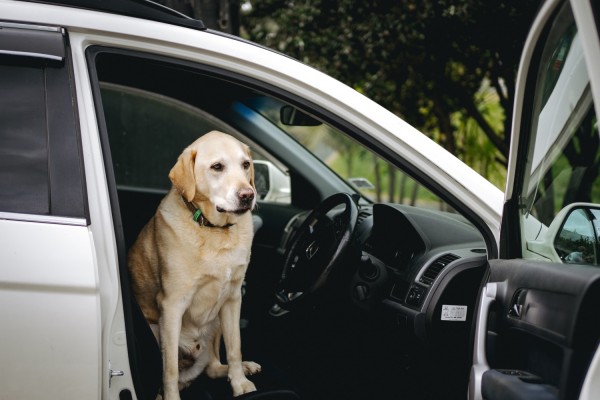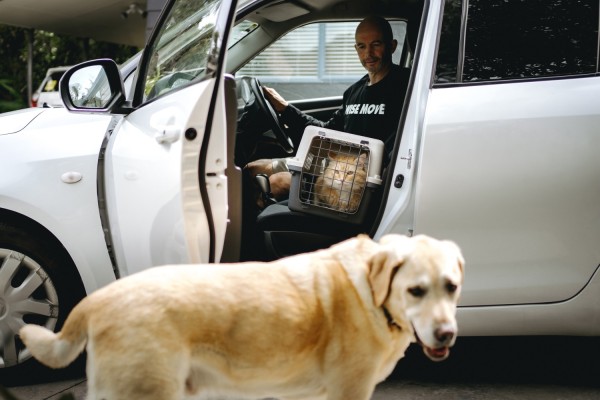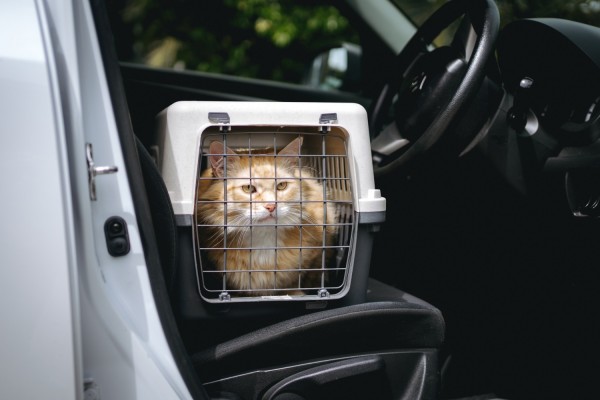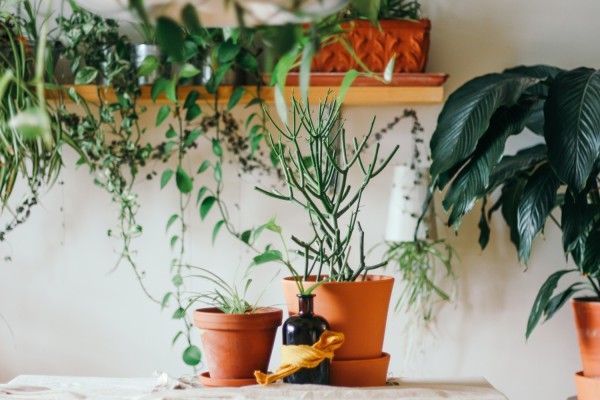Pet-Proofing Your Home: Protect Your Cats & Dogs From These Toxic Houseplants

When moving house, it is important to consider the safety of your pets.
Unfortunately, certain houseplants can be toxic to cats and dogs, so knowing which ones you should avoid is important.
Find out which houseplants are toxic to cats and dogs and pet-proof your home without worry.
What is the difference between a toxin and a poison?
The key difference between a toxin and a poison is the level of harm it can cause. Toxins are naturally occurring substances that can range from mild to severe in terms of their effects, while poisons are deliberately created to cause harm to an organism.
Toxins are typically found in plants and animals, while poisons are usually man-made. For example, some plants contain toxins that may cause mild irritation when touched, while other plants may contain poisons that can be deadly if ingested.
Monstera Deliciosa

The gorgeous Monstera deliciosa, better known as a split-leaf philodendron, is one of the most sought-after houseplants due to its trendy foliage and low maintenance requirements. While its stunning foliage can add life to any home, this plant should be kept out of reach of cats.
Monsteras contain insoluble calcium oxalates, which can cause severe irritation and inflammation in the mouth and throat, vomiting, and difficulty swallowing if ingested. If you have pets, it’s best to steer clear of monsteras and all other varieties of philodendrons to avoid any potential accidents.
Pothos

Pothos, also known as Devil’s Ivy or Epipremnum aureum, is a popular houseplant due to its vibrant colours and easy care. However, Pothos can be toxic for cats and dogs if ingested. The sap and leaves of the plant contain insoluble calcium oxalates, which cause symptoms such as swelling of the mouth and tongue, difficulty breathing, drooling, choking, and stomach upset. If you suspect your pet has ingested Pothos, contact your veterinarian immediately.
Pothos are hanging vines that could be tempting for your pets to play with. To pet-proof your home, keeping pothos in a room your pets don't have access to is best.
Aloe Vera

Aloe vera is a common houseplant and garden staple. Its thick, succulent-like leaves, with jagged edges growing upwards from a rosette-like base, make it easy to care for and attractive to have around the home.
While aloe vera can help people in the form of skin ointments, it can be toxic if ingested by cats. The plant contains toxic saponins to cats and dogs, causing vomiting, diarrhea and dehydration. For this reason, it is best to keep aloe vera plants out of reach of curious cats and dogs.
Snake Plant

The snake plant, also known as mother-in-law’s tongue or dracaena trifasciata, is a popular houseplant with tall, pointed leaves with yellow edges. It is an evergreen perennial that grows best in bright indirect light, though it tolerates low light conditions. Snake plants are known to effectively remove common toxins like formaldehyde and nitrogen oxide from the air.
While snake plants are non-toxic for humans, the SPCA warns that they are toxic for cats and dogs if ingested. The main toxic element in snake plants is saponins, which are glycosides that can cause vomiting, diarrhea, and oral irritation when consumed by pets. While these symptoms can be uncomfortable, they typically do not lead to serious long-term health issues.
If you have cats or dogs in your home, you may want to consider replacing the snake plant with a safe alternative such as the rattlesnake plant (aka Calathea lancifolia). This plant has similar leaf patterns and appearance to the snake plant but is safe for cats and dogs.
Lilies (Peace Lily and Calla Lily)

True lilies, like Easter lilies, Tiger lilies, Japanese Show lilies, Rubrum lilies, Stargazer lilies, and Casa Blanca lilies are all toxic to cats. All parts of the plant, from stems and leaves to flowers and pollen, are dangerous for cats if ingested. A cat consuming any part of a true lily can cause sudden kidney failure within three days of ingestion.3 It's best to avoid lilies in a home with cats.
Peace lilies, sometimes called "true lilies," are not true lilies, but they are among the most popular flowering houseplants. The dark leaves, white flowers, and low maintenance requirements make them popular among houseplant enthusiasts. However, peace lilies contain calcium oxalates which are toxic to cats. If a cat ingests these plants, it can cause vomiting and skin irritation.
Daffodils and Tulips

Fresh flowers from the farmer's market or florist are a great way to bring colour and life into your home. However, some flowers are toxic to cats and are best avoided.
Daffodils, also known as Narcissus and tulips are two flowers you should be careful about bringing into your home. Tulips belong to the lily family and are toxic to cats due to the alkaloid and glycoside compounds in the entire plant, primarily the bulb. Eating tulips can cause vomiting, depression, diarrhea, convulsions and cardiac abnormalities if severe toxicity occurs.
Daffodils contain toxic compounds in their flowers, leaves, and bulbs that can be fatal if ingested in large quantities. The bulbs are the most toxic, but even smaller amounts can result in gastrointestinal upset, vomiting, diarrhea, and drooling. It’s best to keep both daffodils and tulips away from cats altogether.
Moving house? Learn how to move your plants without damaging them here.
Money Plants

Money plants, also known as jade plants or dollar plants or epipremnum aureum, belong to the family Crassula and are characterised by thick, wood-like stems and dark green fleshy leaves. These plants are easy to grow and are thought to bring good luck and fortune to their owners. However, they are highly toxic to cats, dogs, and horses and should be kept out of reach of pets.
Symptoms of ingestion may include vomiting, depression, anorexia, and diarrhea. If you have a money plant in your home, keep it in a room your pets can’t access. It’s also a good idea to store it up high, on a desk, windowsill or even better, hanging from the ceiling to prevent your cat or dog from coming into contact with the plant.
Dieffenbachia

Dieffenbachia, or “dumb cane”, is a popular houseplant native to Central and South America. Its lush foliage can reach up to ten feet tall and comes in various colours, including white, yellow, green and pink. Dieffenbachia is easy to care for and thrives in medium to bright light and moist soil.
Unfortunately, dieffenbachia is highly toxic to cats when ingested. According to the SPCA, ingestion can lead to intense burning and irritation in the mouth and tongue, drooling, difficulty swallowing, vomiting, and difficulty breathing.
To pet-proof your home and keep your feline friends safe, ensure that dieffenbachia is kept out of reach or inaccessible to cats. Additionally, wear gloves when handling the plant, as it can cause skin irritation if touched.
ZZ Plant

The Zamioculcas Zamifolia, more commonly known as the ZZ Plant, is a popular houseplant with shiny, bright green leaves and an attractive, low-maintenance look. But despite its beauty, it’s important to be aware that this plant is toxic to both cats and dogs.
All parts of the ZZ Plant are considered toxic to both pets and humans. If ingested by your furry friend, it could result in minor symptoms such as vomiting and diarrhea. While there have not been any reported fatalities from ingesting this plant, it’s still best to keep it out of reach of pets and small children.
If you decide to keep a ZZ Plant in your home, wash your hands or wear gloves when you handle it. It’s also a good idea to periodically check for signs of chewing, as cats and dogs may try to eat the plant due to its unique texture and taste.
Safe alternatives to toxic plants
Unfortunately, many popular house plants are toxic for cats and dogs. If you want to buy houseplants but share your home with animals, you may wonder what plants are safe for your furry friends. These plants are non-toxic and will look great in your space:
-
Orchids
-
Cast iron plants
-
Haworthia
-
Prayer plant
-
Spider plant
-
Peperomia
-
Rattlesnake plant
-
Roses
-
Swedish Ivy
-
Calathea
Moving house with pets can be difficult and can make any move more complicated than needed. Pet transportation can make your move a lot smoother. With a professional pet mover, you can ensure the happiness and safety of your pet while you focus on moving house. Book your pet moving service today.
What do our customers say?



For every (wise)move









